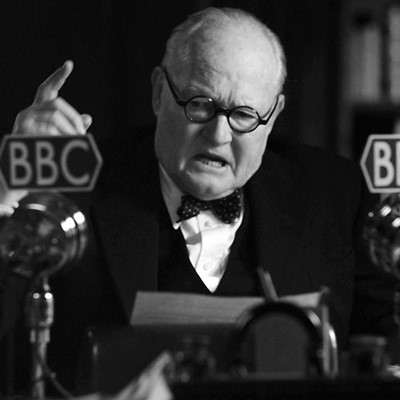
"We have messaging guidelines," our clients often say when we ask about the points they want to communicate. "We'll bring our branding guide" they tell us, as if that provides all the answers.
As you know, these guides are designed to help everyone in an organization describe their purpose and work in a consistent way.
And yet…
The problem with standardized talking points
As coaches charged with helping people engage audiences, we find these directives can undermine the power of individual messages.
People recite generic-feeling mission statements instead of vividly describing the exciting products and services they deliver.
Or to answer the question of what their company does, they say something like "We're a lifestyle company," which could mean they make fitness apparel, run luxury resorts, or build shopping centers and residential communities.
How can a speaker stay true to messaging guidelines yet still sound like themselves and make some sense?
Here are five tips for making company messages your own.
Tip 1: Rewrite messaging in your own words.
Set a timer for five minutes and free write about what company messaging means. For example, you could start by asking yourself a question like this then letting the answers flow: When we say we're a lifestyle company, what do we mean by that?
There's no wrong or right; you're just exploring ways to talk about what your company's key messages mean to different audiences. It's likely you’ll discover some fresh phrases and some concrete descriptions that can help these statements have more value.
Tip 2: Tell a story about your statement in action
Suppose, for example, your mission statement says something like "to be the best at winning and keeping customers," a goal lots of different types of companies might share.
What story can you tell that shows how your company puts that mission into practice? What example can you provide of how your team has worked to make that mission possible?
Those stories can help audiences grasp what you mean by a statement that isn't specific. From your story, they can start to envision how your company is better or different from others—and they'll also see that you have a firm grasp on the company mission and how you plan to deliver on it for them.
Tip 3: Ask someone what your statement means to them
A chat with a work colleague or customer about your company’s vision statement can be enlightening. You might discover there's more than one interpretation or that the words aren't as loaded with meaning for one person as they are for another.
For example, perhaps your company's vision statement includes the phrase "to attract and attain customers with high-valued products and services." With curiosity and an open mind, invite a few people to tell you what they think of when they hear those words.
Tip 4: Express the same idea with different words
This is a great challenge for testing your own understanding of company statements, as well as a way to discover fresh ways to express core ideas: Express your company vision or mission but don't use any of the same words that are in the official statement.
It's not as easy as it sounds. When we put this exercise into practice in our public speaking programs, Buckley coach Elise Partin often has to remind participants of the rule her school teachers had for defining a word: You can't use the word itself when defining it.
Tip 5: Describe your company to a friendly outsider
We use this approach frequently to help a speaker make the work of a complex company easier to understand: Imagine you're talking to a friend over coffee or imagine you're explaining what you do to your child or to your grandmother.
The same tactic can help you bring vague company statements to life. For example, maybe a company statement includes a phrase like: "relentless innovation and uninhibited performance." How would you describe that to someone outside your professional sphere?
Worth the extra effort
Authenticity is one of the qualities audiences most value in speakers. Clarity is another. So when you make the effort to deliver company messages that don't sound memorized or cookie-cutter, you're representing your organization and yourself more effectively.
And remember, it doesn't have to be an all-or-nothing proposition. You can use phrases and key words from company branding guidelines alongside the fresh statements that sound like you.






